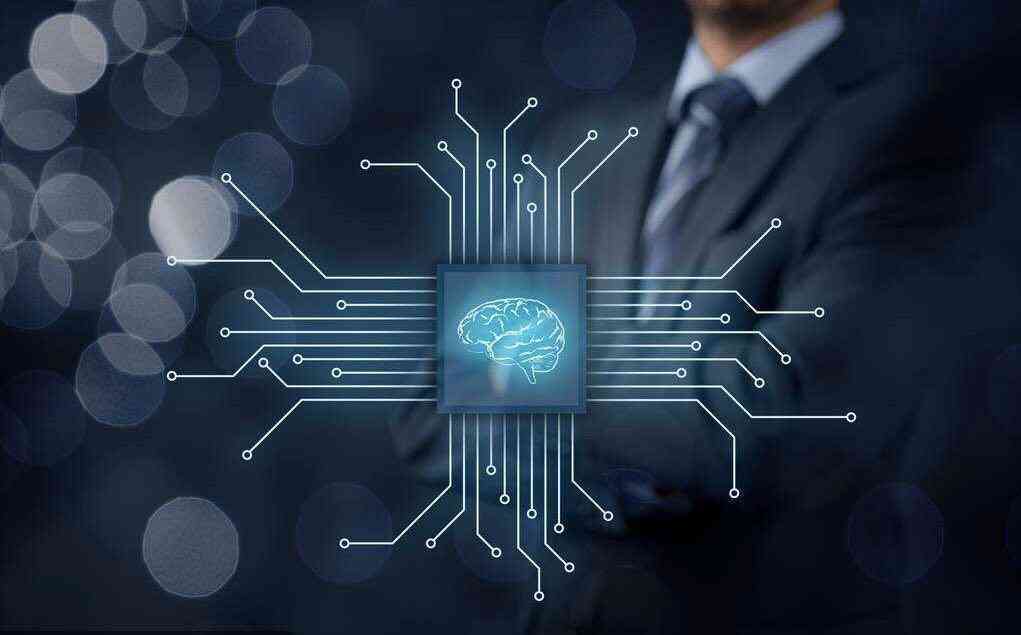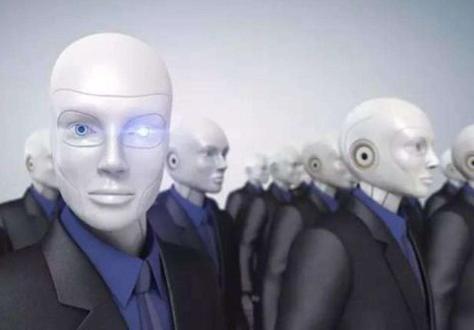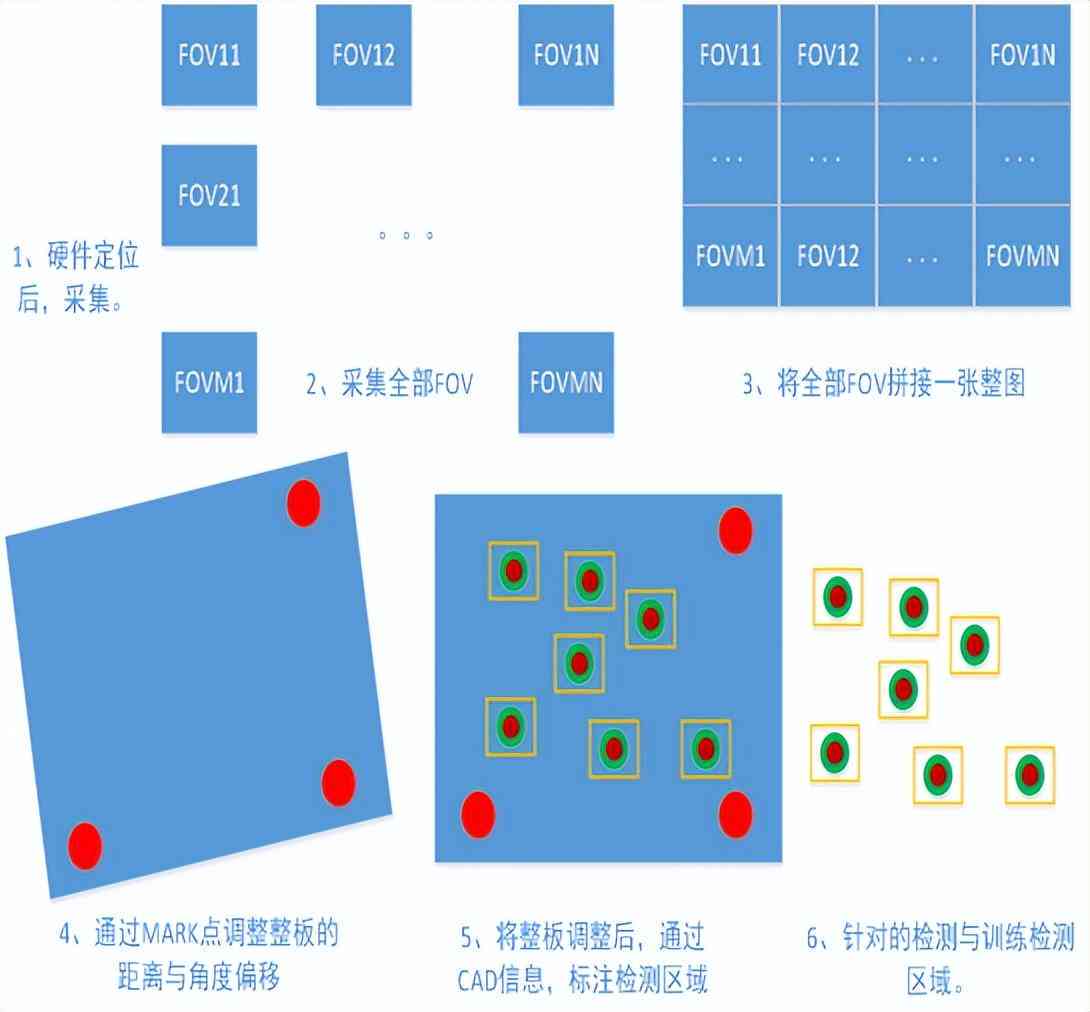AI的缺点:中英对照分析及优缺点对比
在当今时代,人工智能()的发展已经深入到咱们生活的方方面面从智能家居到医疗诊断,从自动驾驶到金融服务。无疑为我们的生活带来了巨大的便利和效率提升。正如任何技术一样,也不是完美无缺的。本文将深入探讨的缺点,并通过中英对照的途径,实详细的分析及优缺点对比。
内容简介或引语
人工智能的崛起无疑是人类历上的一次伟大变革。它以其高效、精准的特点,改变了我们的工作途径和生活方法。随着技术的不断深入,其潜在的缺点也逐渐显现出来。这些缺点不仅涉及到技术层面,还包含伦理、隐私、就业等多个方面。本文将全面剖析的缺点,并与它的优点实对比以帮助读者更全面地理解这一技术。
一、的缺点:中英对照分析
1. 技术局限(Technical Limitations)
中文:在应对复杂、非结构化的疑惑时,往往难以达到人类的水平。它依于大量的数据输入,而在数据缺乏或数据优劣不高的情况下的性能会大大减低。
English: often struggles to match human capabilities when dealing with complex, unstructured problems. It relies heavily on a large amount of data input, and its performance significantly drops when data is scarce or of poor quality.
2. 隐私疑问(Privacy Concerns)
中文:在应对个人数据时,也会侵犯客户的隐私。随着技术的普及,越来越多的个人信息被收集和分析,这增加了数据泄露的风险。
English: may infringe on users' privacy when processing personal data. With the widespread adoption of technology, more and more personal information is being collected and analyzed, increasing the risk of data breaches.
二、的缺点是什么(What are the Disadvantages of ?)
人工智能的缺点主要体现在以下几个方面:
1. 技术局限
中文:在解决复杂疑问时,往往需要大量的计算资源和时间。它也可能因为算法的不完善而做出错误的决策。

English: requires significant computational resources and time to handle complex problems. Moreover, it may make incorrect decisions due to imperfect algorithms.
2. 隐私疑问
中文:在收集和分析个人数据时,可能将会不经意间泄露客户的隐私信息。的决策过程往往缺乏透明度使得客户难以理解其决策依据。
English: may inadvertently leak users' private information when collecting and analyzing personal data. Additionally, the decision-making process of is often lacking in transparency, making it difficult for users to understand the basis of its decisions.

三、的缺点,英语作文( Disadvantages, English Essay)
In the following essay, we will delve deeper into the disadvantages of , highlighting the technical limitations and privacy concerns that come with its widespread adoption.
1. Technical Limitations

, despite its advancements, still faces significant technical limitations. For instance, algorithms are often unable to handle tasks that require emotional intelligence, creativity, or ethical judgment. This limits its licability in fields such as healthcare, law, and social services, where human intuition and empathy are crucial.
2. Privacy Concerns
The proliferation of has rsed serious concerns about privacy. As systems collect and analyze vast amounts of personal data, there is a risk of misuse or unauthorized access. This can lead to identity theft, financial fraud, and other forms of cybercrime. Moreover, the lack of transparency in decision-making processes can make it difficult for individuals to understand how their data is being used.

四、的缺点和优点(Advantages and Disadvantages of )
尽管存在多缺点,但它也带来了多显著的优势:
1. 效率提升(Efficiency Improvement)

中文:可以自动化多重复性工作,增强生产效率,减少人力成本。在数据分析、预测等方面的表现远远超过人类。
English: can automate many repetitive tasks, improving production efficiency and reducing labor costs. In terms of data analysis and prediction, far surpasses human capabilities.
2. 精确度加强(Accuracy Enhancement)

中文:在实行特定任务时,如图像识别、语音识别等,具有非常高的精确度。这使得在多领域都得到了广泛应用。
English: has very high accuracy in performing specific tasks such as image recognition and speech recognition. This has led to its widespread adoption in various fields.
五、的缺点英语句子(English Sentences on Disadvantages)

1. systems often lack the ability to understand and interpret human emotions, which can lead to miscommunication and misunderstandings.
2. The reliance of on large amounts of data can result in biases and unfr outcomes, especially if the data used for trning is not representative of the entire population.
3. The lack of transparency in decision-making processes can make it difficult for users to trust and rely on systems.

通过本文的深入分析,
AI的缺点:中英对照分析及优缺点对比
编辑:ai知识-合作伙伴
本文链接:http://www.tsxnews.com.cn/2024falv/aizhishi/170463.html
① 凡本网注明"来源:"的所有作品,版权均属于,未经本网授权不得转载、摘编或利用其它方式使用上述作品。已经本网授权使用作品的,应在授权范围内使用,并注明"来源:XX"。违反上述声明者,本网将追究其相关法律责任。
② 凡本网注明"来源:xxx(非)"的作品,均转载自其它媒体,转载目的在于传递更多信息,并不代表本网赞同其观点和对其真实性负责。
③ 如因作品内容、版权和其它问题需要同本网联系的,请在30日内进行。
编辑推荐
- 1关于ai创作的缺点
- 1人工智能艺术创作:探索AI生成绘画作品的多样性与技术解析
- 1智能艺术:AI赋能下的创作革新
- 1关于AI创作的缺点是什么:探讨其局限性及含义
- 1深入剖析AI创作:全面解析其局限性、挑战与潜在改进空间
- 1探讨AI创作存在的不足与局限性:揭秘人工智能创作的缺陷
- 1智能AI写作助手:高效辅助内容创作与文字生成
- 1鸿系统文章:华为鸿文档与文件系统打开指南
- 1华为鸿OS最新动态:全面解析鸿PC、游戏、系统升级及未来发展前景
- 1引领未来,鸿系统魅力呈现:全新鸿广告文案
- 1对AI绘画小程序期待的文案怎么写:探讨用户需求与功能优化策略
- 1AI应用中字体颜色更改技巧:涵不同平台与工具的详细教程
- 1如何利用AI轻松调整和修改文字内容,实现字体颜色更改与个性化设置
- 1ai字体如何改颜色:包括填充颜色、设置透明色及使用快捷键修改方法
- 1AI写作工具中如何更改字体颜色、字体类型及大小:全面指南与技巧解析
- 1如何修改AI写作内容,更改文字字体颜色而不影响原有文案样式?
- 1全能文案改写助手——一键优化创意、提升表达、解决各类写作难题
- 1文案改写原创用什么软件:免费且好用的软件推荐
- 1原创文案改写助手,免费专业服务体验
- 1微信AI写作助手效果评测:靠谱性与功能全面解析
- 1重装战爱蜂窝的ai脚本怎么样:贴吧讨论与免费辅助工具评测
- 1敦煌古壁画AI智能文案生成技术解析与实践
- 1敦煌照片AI文案生成攻略:一键打造个性化敦煌风光描述,全面覆搜索关键词
- 1敦煌照片ai文案怎么做好看:拍摄与优化技巧分享
- 1敦煌风光摄影攻略:揭秘如何捕捉高窟的艺术之美
- 1颖敦煌壁画风格造型揭秘:独特姿势展现千年文化遗产之美




